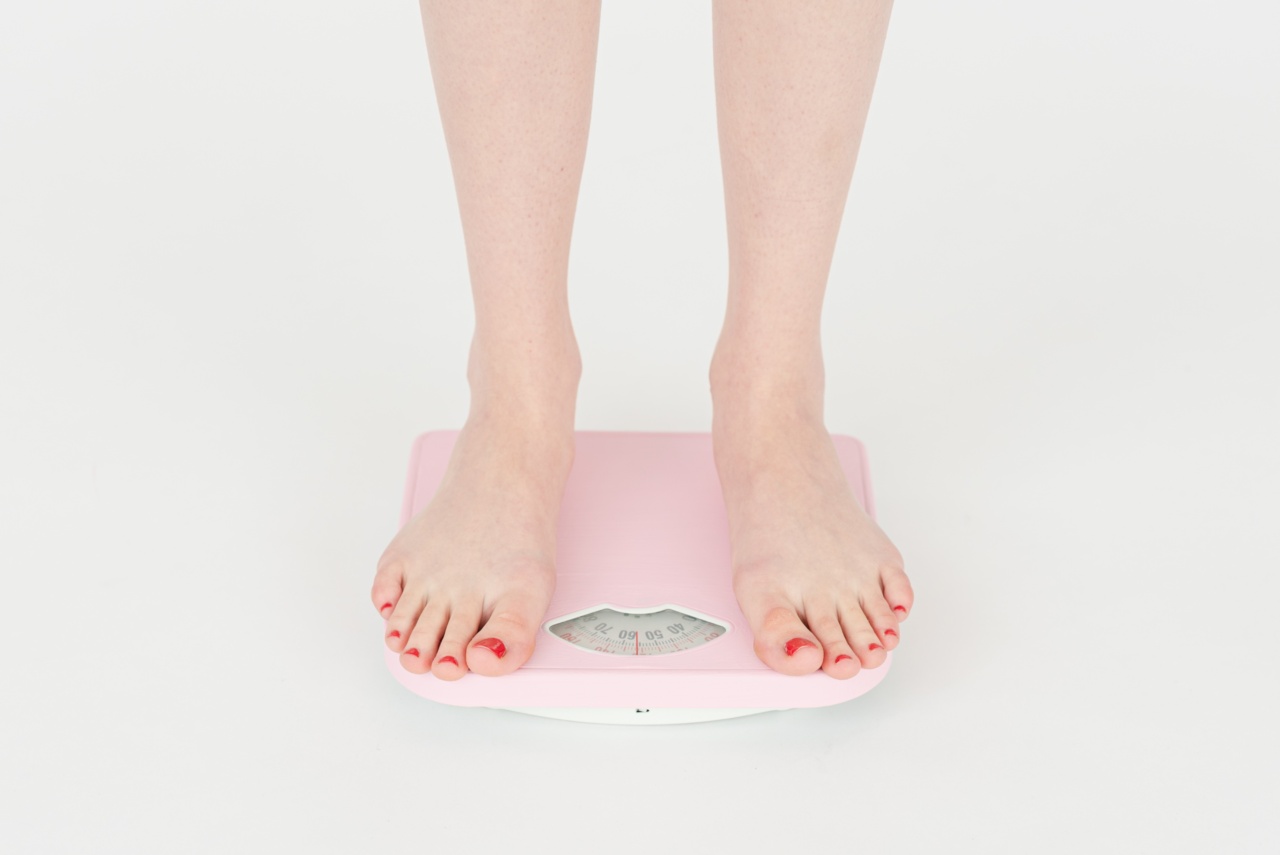High blood pressure, also known as hypertension, is a condition that affects millions of people worldwide. While many factors can contribute to high blood pressure, some may be surprising to learn about.
In this article, we will explore seven surprising reasons why your blood pressure may be high.
1. Sleep Apnea
Obstructive sleep apnea is a condition in which the airway becomes blocked during sleep, causing interruptions in breathing. These interruptions can lead to a decrease in oxygen levels in the blood and an increase in blood pressure.
This increase can become chronic if the condition is left untreated.
2. Vitamin D Deficiency
Research has shown that low levels of vitamin D in the body may be linked to high blood pressure. This is because vitamin D helps to regulate the renin-angiotensin-aldosterone system.
This system plays a crucial role in regulating blood pressure, and a deficiency in vitamin D can lead to an imbalance in this system.
3. Stress
Stressful situations, whether physical or mental, can cause a temporary spike in blood pressure. However, chronic stress can lead to a long-term increase in blood pressure.
This is because stress can cause the body to release adrenaline and cortisol, which can narrow blood vessels and increase heart rate, leading to an increase in blood pressure.
4. Certain Medications
Several medications can cause an increase in blood pressure, including nonsteroidal anti-inflammatory drugs (NSAIDs), decongestants, and some antidepressants.
It is essential to speak with your healthcare provider about any medications you are taking and their potential side effects.
5. Lack of Physical Activity
Lack of exercise and physical activity can lead to weight gain and an increase in blood pressure. Studies have shown that increasing physical activity can help lower blood pressure and reduce the risk of hypertension.
6. Smoking and Alcohol Consumption
Smoking and excessive alcohol consumption can both contribute to high blood pressure. Nicotine in tobacco can cause blood vessels to narrow, while drinking too much alcohol can lead to an increase in blood pressure and damage to the blood vessels.
7. High Sodium Intake
A diet high in sodium can lead to an increase in blood pressure. Sodium causes the body to retain water, which increases the volume of blood in the circulatory system, leading to an increase in blood pressure.
It is recommended to limit daily sodium intake to less than 2,300 milligrams per day.
Conclusion
High blood pressure can be caused by many different factors, including some that may be surprising.
It is essential to speak with a healthcare provider about any concerns regarding blood pressure and to make lifestyle changes, such as increasing physical activity and reducing sodium intake, to help manage the condition.































